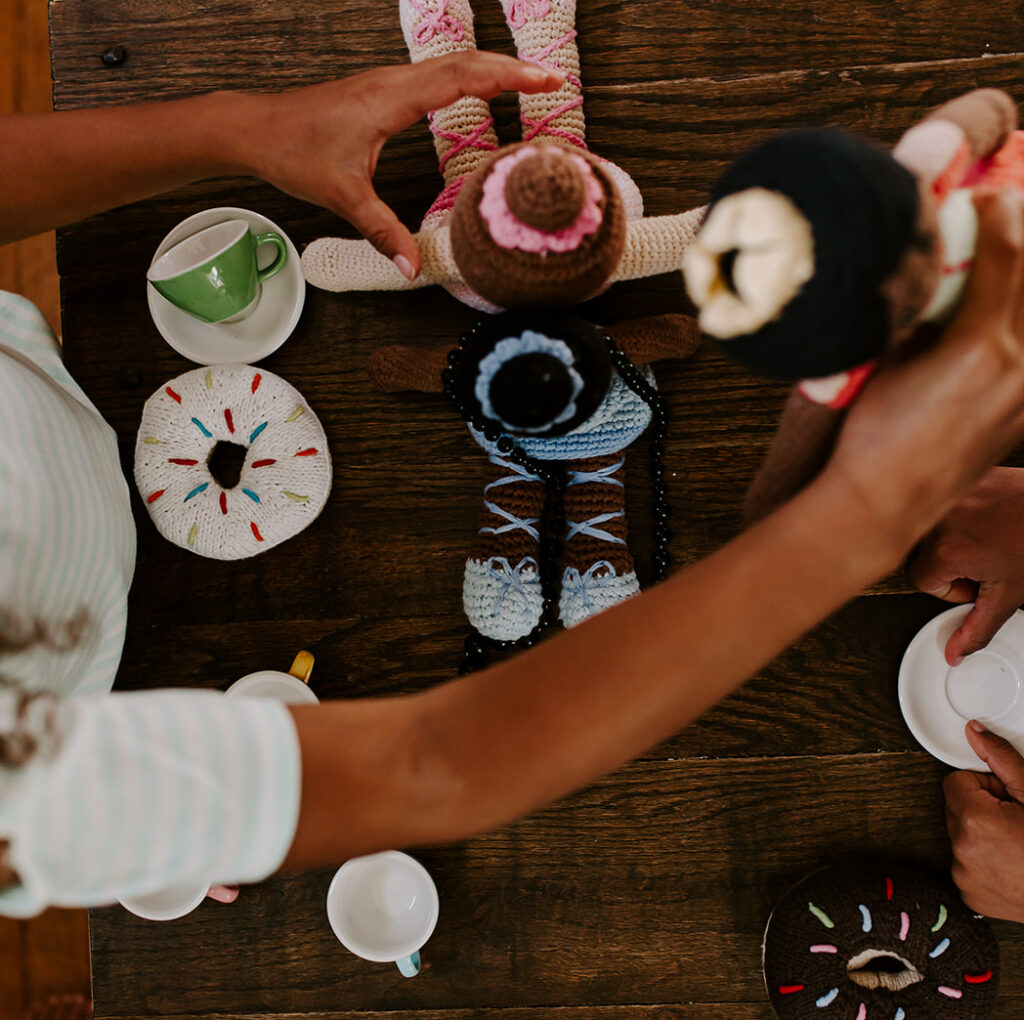
Forgiveness.
Not a feeling, right? But a choice.
At least that’s what I was taught. But what if, in making that choice, we suppress the feelings that could lead us to true healing?
Growing up as a Mennonite kid, I was surrounded by stories and wrapped in a history of ancestors who forgave their enemies. Who turned back to rescue their pursuers who had fallen through the ice on the river. Or fed breakfast to the men who had just torn the roof off of their house. Who forgave their killers as they were being tied to the stake for burning.
These stories gave my life texture. Meaning. Noble virtue. And there is something inspiring about a faith strong enough to die for. A faith that can still offer forgiveness in the midst of betrayal and pain.
The stories of my ancestors and others like them during times of persecution are astounding. The Martyr’s Mirror is full of them. Love your enemies, was the message. Forgive and do good to those who treat you badly.
What my little heart picked up, for a combination of reasons, is that I must never get angry and must always be quick to forgive. No matter who was doing it, no matter what they did. But quick forgiveness shut down some things that I needed to feel and give voice to. In fact, it robbed me of my voice.
I look at communities like the one I grew up in and I see I’m not the only one. Story after story after story has been whispered to me. Stories of unspeakable abuse, incest, and torture. Suppressed. Swept under the rug. Victims silenced while perpetrators are given a second chance all in the name of forgiveness.
This is not okay. And this is not forgiveness.
Forgiveness is a journey
What if forgiveness is not simply a choice? What if forgiveness is a journey? A journey that is pointless if we suppress our rage and deny our anger. If we sweep truth under the rug and protect the abusers in the name of honoring our parents, preachers, or teachers, we keep the abuse alive for the next generation. We are also doing great damage to our physical bodies.
In her book, The Body Never Lies, Alice Miller says that
Severe illnesses, early death, and suicide are the logical consequence of subjection to the laws that we call morality, although in fact they suffocate our true lives. This will continue to be the case, all over the world, as long as we show greater reverence to these laws than to life itself. The body rebels against such treatment, but the only language at its command is the language of illness, a language that is rarely understood as long as the denial of true feelings in childhood remains unrecognized.
Alice Miller
The Body Never Lies
Like the title of her book says, the body never lies. Over the past decade, I have been on a journey to listen closely to what my body is telling me. I have been able to link some of my particular physical aches and pains to repressed anger.
I began to notice a pattern a few years back. Every time I was in the presence of a person who had harmed me as a child, by the end of the evening my shoulders would be tight and sore. It felt as if I was carrying a hundred pounds of stone. The pain would keep me from being able to sleep on my side at night, interfering with my sleep. I couldn’t even put my hair in a ponytail or messy bun because it put too much pressure on my aching shoulders. This would often last for an entire month until the pain would eventually subside.
Quick forgiveness shut down some things that I needed to feel and give voice to. In fact, it stole my voice.
It took me a while to catch on to the pattern. Even when I saw it, I found it hard to believe because I had long ago made a decision to forgive this person. So while my brain may have decided to forgive, my body still had not and could not.
The pain and abandonment of our childhood keep our body trapped until we make a choice, not to forgive, but to fully acknowledge all that we endured. We must find safe spaces to speak our stories fully, to rage, to grieve. To feel it all.
a new kind of forgiveness
Perhaps we need a new kind of forgiveness. A re-framing of sorts. Because true forgiveness does not leave one person the victim and the other a bully. It should never allow the perpetrator to keep a shred of power. Nor should it silence the victim. It is movement. Messy and loud. It frees the victim, not the perpetrator.
It is the beating of wings and the flight of the wingless.
The journey of forgiveness may take a lifetime because it is not a destination. Nor is it defined by arrival. It is movement from victim to truth-teller. It is the shout of the voiceless. The shedding of tonnes of stone and a rising up. It is the roar of the soul as it rumbles forth, awakening the fire of justice. It is the opposite of silence and stillness. The wild dance of freedom, the ripping up of a confining costume, the first taste of air outside of the cocoon. It is a beating of wings and the flight of the wingless.
Forgiveness is the journey to freedom. From self-loathing to self-love. At times it is fueled by rage and anger, grief, and sadness. No feeling is banned. Each one is a tool and every tool is needed.
I am on this journey, not to bring relief to the ones who have wronged me. But to bring relief to the little girl inside. To open the doors and let her out. To embrace the entirety of her story. I take her in my arms and we weep together, our tears greasing the wheels, propelling us forward.
Click on the button above to send me an email and I will let you know when new posts are up! If you or someone you love is in the closet, or if you are struggling with your own guttural grief and need someone to talk to, email me. I may not have time to answer you but I will read it and hold you in my heart.
